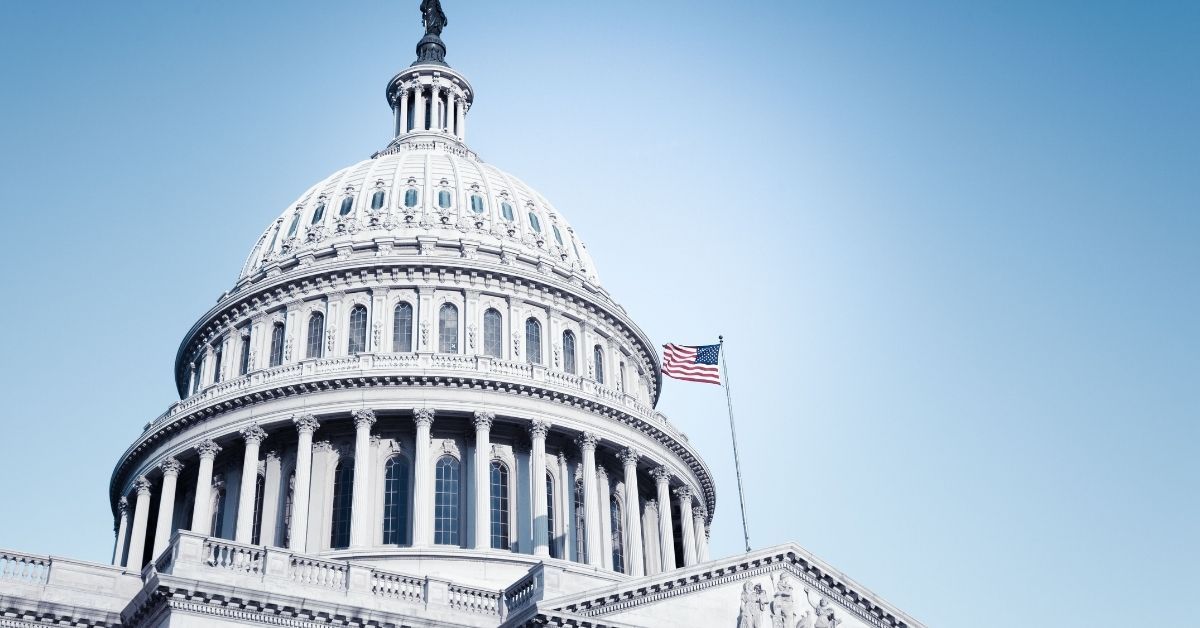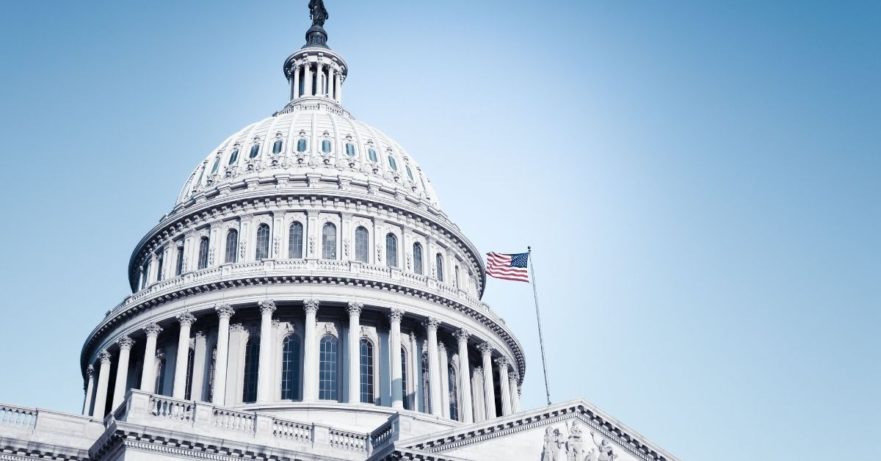
After a couple of weeks of intra-party squabbling, Senate Republicans released the details of it proposed coronavirus aid sequel. It now faces a stonewall of Democrats who passed their own aid bill in May. The $1 trillion Health, Economic Assistance Liability Protection, and Schools, or HEALS, Act – seeks to dole out more assistance to Americans in the form of $1,200 direct payments and extend the expanded unemployment benefits at a reduced weekly amount.
More Direct Stimulus Payments
The HEALS Act replicates the same eligibility formula as the CARES Act. Individuals earning an adjusted gross income up to $75,000 ($150,000 for couples) are eligible for the full amount -- $1,200 for individuals and $2,400 for couples – with a phase-out for higher earners. Individuals and couples earning $99,000 and $198,000 respectively will not be eligible for a payment. Unlike the CARES Act, which excluded dependents over the age of 17 from receiving an extra $500 payment, the HEALS Act makes any dependent eligible to receive the additional payment.
More Small Business Loans
The bill also includes a new tranche of loan funds to help small businesses similar to the Paycheck Protection Program. This time, $190 billion in loans would be available to businesses with 300 or fewer employees even if they participated in the first round of loans. Under the original PPP, businesses that received loans were unable to seek additional PPP loans, anticipating that they would be able to reopen quickly when the lockdowns ended. The HEALS Act also provides $100 billion in loans for businesses that operate seasonally or in low-income areas.
Liability Protection
To encourage the reopening of the economy, the Republican proposal also includes a provision to protect businesses, schools, and healthcare providers involved in coronavirus lawsuits. The bill will also allocate $100 billion to assist schools and universities in reopening fully. It also includes liability protections for medical workers, schools, and employers.
Reduced Unemployment Benefit Plus-Up
Perhaps the most contentious provision introduced in the HEALS Act is the extension of the expanded unemployment benefits. The $600 benefit plus-up expired on July 31, 2020. While the Republican bill extends the extra payment through the end of the year, it reduces the amount from $600 to $200, while requiring states to provide about 70% of wage replacement for workers laid off due to coronavirus reasons. While the extra $600 benefit has proven to be a critical lifeline for impacted workers, Republicans have argued that incentivizes workers not to return to work. The Democrats disagree, calling the claim “exaggerated.”
“Too Little, Too Late” – Democrats Dig In
Negotiations are already underway between the two camps to hammer out a compromise bill that can pass both houses. Democrats, who back the coronavirus aid package passed by the House in May – also known as the HEROS Act – are complaining that the proposed bill doesn’t go far enough. They are expected to dig in on the Republicans’ proposed reduction in unemployment benefits as well as their exclusion of illegal immigrants from the extra dependent payment. Democrats are also looking for more rental and food assistance.
Republicans have characterized the $3.7 trillion HEROS Act as a “socialist manifesto” that strays well beyond the targeted needs of American families and businesses. After allocating nearly $3 trillion in three massive stimulus packages to support the economy, Republicans are finding it difficult to justify the high price tag, especially since more than a trillion dollars from previous aid packages have yet to be allocated.
Time Running Out
Senate Majority Leader Mitch McConnell is also catching flak from a group of Republicans who are balking at the HEALS Act $1 trillion price tag, with many calling for a more targeted approach. So, between recalcitrant Democrats and uncooperative Republicans, it appears there is still a lot of work to be done to get to passage. However, with both houses of Congress expected to start their recesses in early August, there is not much time.
Want to RECEIVE COVID-19 UPDATES?
Enter your email below and we'll keep you updated!






